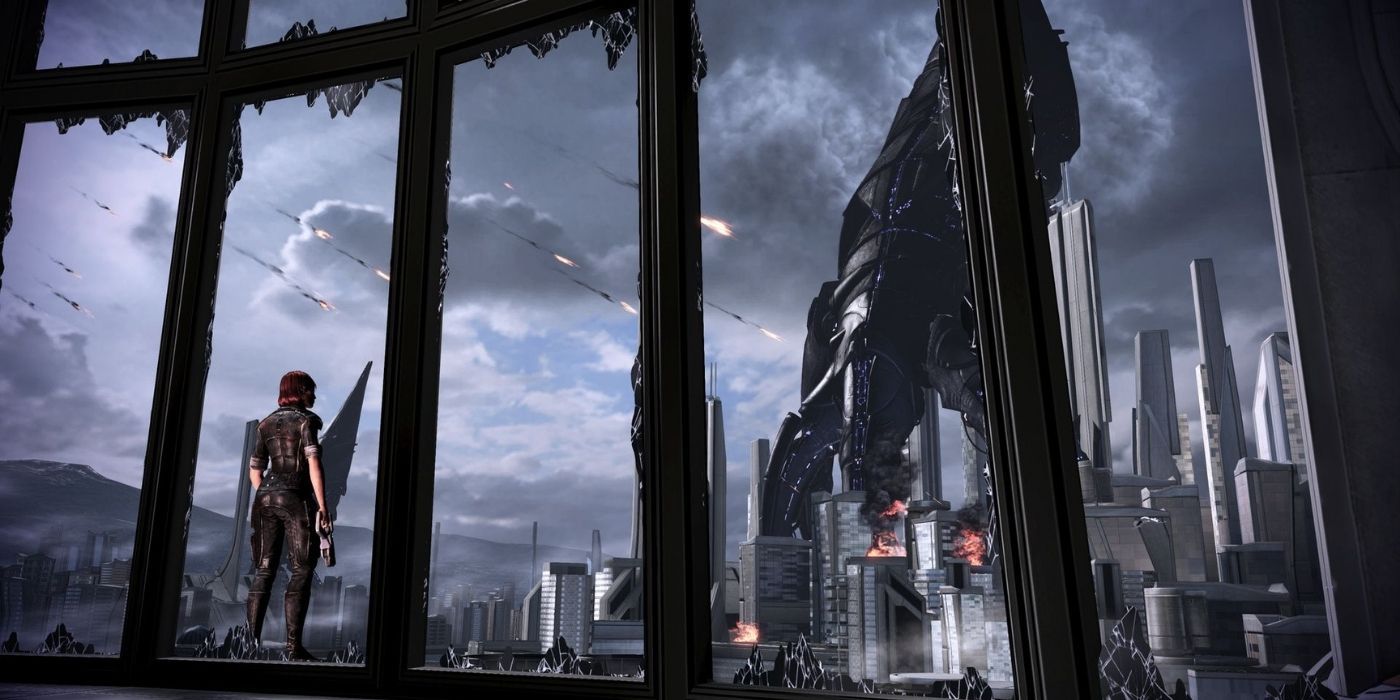pcpcIf you’ve played through the Mass Effect trilogy, you’ll be keenly familiar with the long-winded ballet of circumnavigating the Council’s bullshit. Evidence mounts but it’s never enough while scheming backstabbers play politics with the will and wellbeing of the people beneath their game of climb-the-ladder. It’s tough to get to that infamous endpoint and want to do anything other than consign them to die and give the position of power to Captain Anderson, which feels oddly reminiscent of Captain America’s own dilemma in the MCU.
The focal point of Steve Rogers’ entire ideology in Civil War is that waiting around for politicians to complete wafts of paperwork will result in carnage that the heroes could have tamed before it got out of hand. Restricting the agency of these heroes to backroom politics leaves them powerless while countless die and villains jaunt through the streets enacting their merry plans of evil. Mass Effect shows us this exact impasse in action with that same anxiety Rogers had, the one that many (wrongly) paint him as a villain for holding.
Saren was untouchable. His status as a Spectre granted him immunity and the Council refused to let anybody go near him, rarely ever holding him accountable for the atrocities he committed. Only when irrefutable evidence was presented did they allow Shepard to push forward, and so plenty of time was spent securing their own futures, dancing around the truth, all because an eyewitness testimony wasn’t deemed worthy enough. Meanwhile, Saren’s plan to bring back the Reapers was pushed forward. Shepard was helpless to do anything but wait for the council to finish deliberating, to come to terms with the truth that had been clear since Eden Prime. By the time of Mass Effect 3, they were still ignorant to Shephard’s anxieties, and it took the invasion itself for them to finally listen to the years of warnings. It was too late. Depending on the Council for a solution in the first Mass Effect sets a worrying precedent that unfortunately lingers even in the sequels. Never are the Reapers taken seriously, even after Saren’s death. Having the brunt of something that important fall to a handful of people is always going to be a risque endeavor.
This rings true to the MCU once more, even predating it by several years. Captain America ends up on the run as a vigilante, much as Shepard begins to work for a shady organization named Cerberus While on the run, they attempt to do good, but it’s ultimately fruitless as the day of reckoning comes regardless. For Captain America, it’s Thanos and his hunt for the Infinity Stones leading to the extermination of half of all life. For Shepard, it’s the Reapers and their devastating invasions that level cities and wipe out hundreds of thousands, all with no possible means of fighting back. Neither hero could prepare and both were fractured and splintered, falling to the wayside at the whim of politicians.
The two undergo a similar struggle of wanting to do good and protect those around them while being forced to bear the brunt of neverending admin and politics, the shuffle of the day-to-day, the inaction that’s as damaging as Saren’s opposition. Shepard’s desire for heroism is overshadowed by an inefficient group in denial who demand that they seek approval first and foremost – approval that is only doled out when borderline unobtainable levels of evidence are gathered and dropped onto their lap while they do nothing.
It’s why Shepard is so willing to jump into bed with Cerberus. The answer surely isn’t to give free rein to these agents, completely letting them off the hook. We see what that results in with the more relaxed approach to Saren, allowing for him to attempt to kill the Council, lay siege to the Citadel, and slaughter countless colonies. There’s a balance to be found here, and finding it is the journey that Shepard undergoes, culminating in their leadership throughout Mass Effect 3. They answer to several powers but remain an agent of their own volition, which is why reaching that point at the end of the trilogy feels so utterly rewarding after suffering through the bureaucracy of prior games.
Source: Read Full Article
